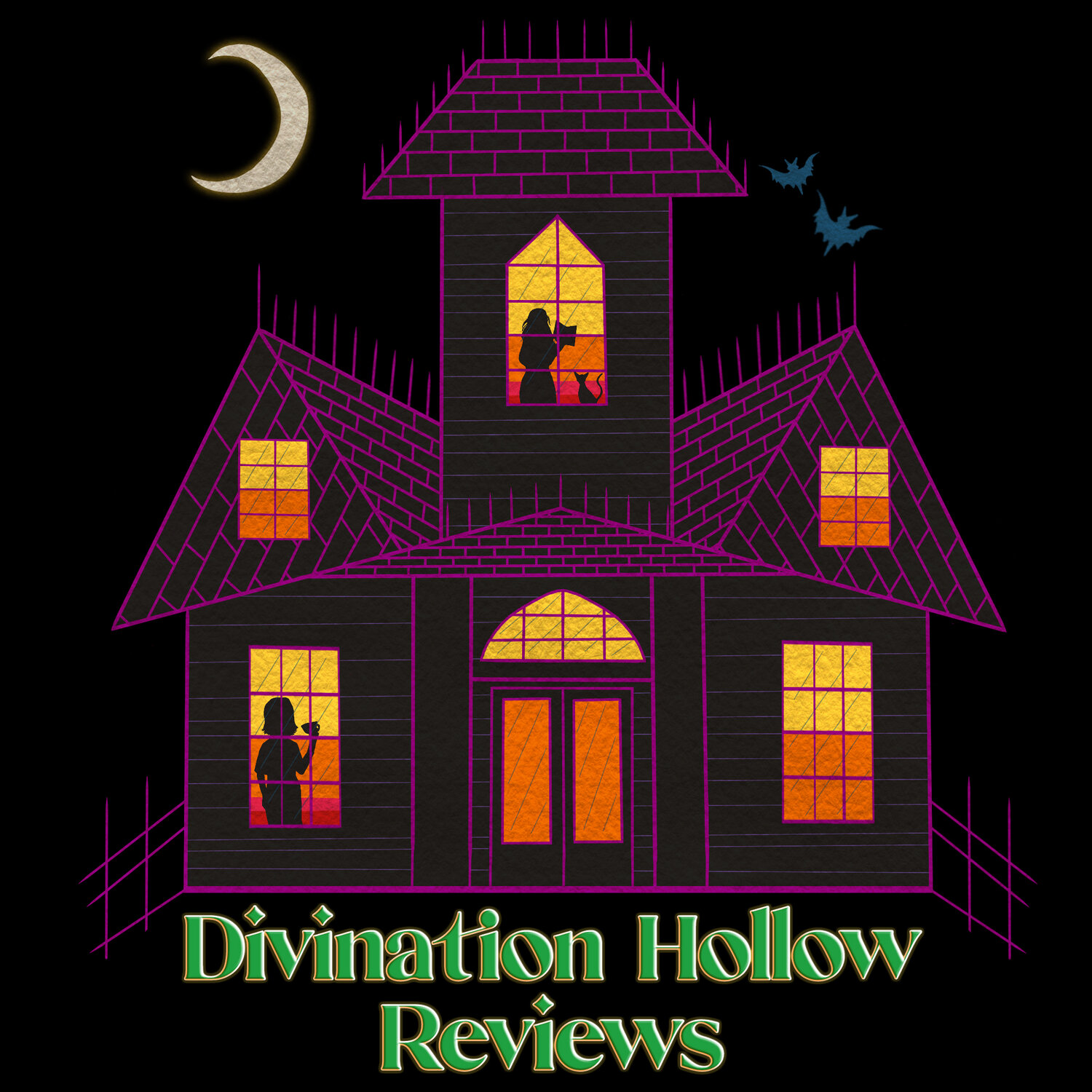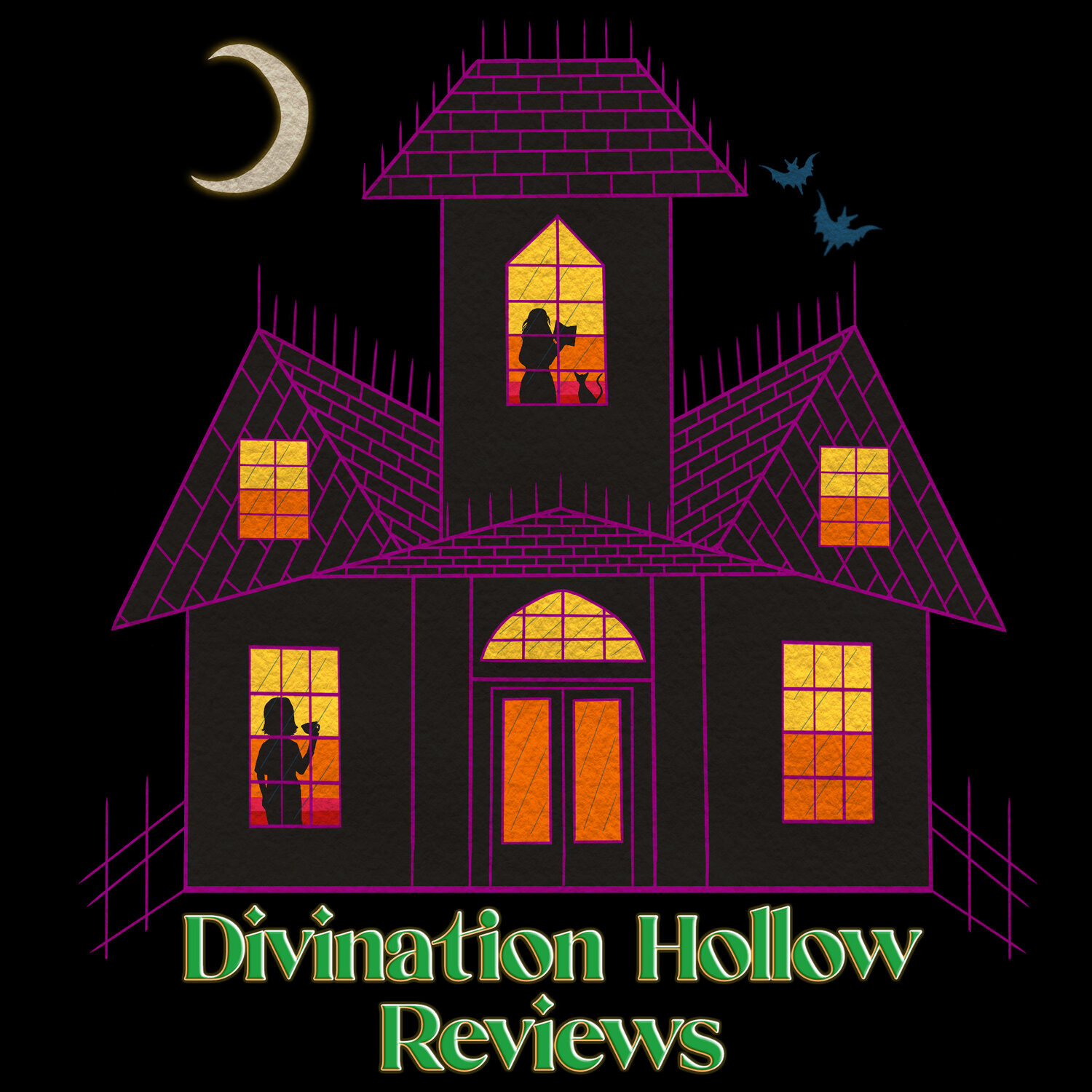[Mental Health Awareness] - Trigger Warnings: Good for Readers AND Authors
By Elle Turpitt

“But I write horror. Horror doesn’t need trigger warnings! Why should I-”
I’ve seen this argument. I’ve seen people try to justify not using trigger warnings by using the whole genre as a shield. Here’s the truth: not all horror is the same. Not all horror is created equally. Just like in fantasy, there are huge variations in the topics and themes that can be explored within the genre. Just like in any genre. Lord of the Rings is not on the same level as Chronicles of Narnia, just like neither are on the same level as the Harry Potter series, just to name the biggest known franchises in Fantasy. Similarly, there are different types of horror. There is extreme horror, sure, and there is more gentle horror. The Turn of the Screw is Horror. Dracula is Horror. And they are probably pretty tame by today’s standards, just like the films from the 30s, 40s and 50s.
Just like our beloved horror films from the 80s.
There is horror for a young audience, in picture books and Middle Grade and YA. And just because something is labelled ‘Adult Horror’ doesn’t mean it shouldn’t have trigger warnings.
I have read horror since I was in my teens. Like many in horror, I am a lifelong fan. I have been with Dead Head Reviews for not far off a year now. For that period of time, I have mainly read horror. You can see on Goodreads; though I read a lot outside that genre too, horror has become the bulk of my reading.
And even among books in the same sort of subgenre – ghosts or cults or monsters or whatever – not a single one of those books has been the same.
What I read in Dear Laura is different in tone, subject and themes than Bottled. Whispers in the Dark is a completely different novel than The Fourth Whore. They each have their own individual plotlines, characters, themes, settings.
So why would I ever pick up a horror novel assuming that contained within the pages is automatically going to be something that upsets me?
There’s also a difference in books that, for example, deal with sexual assault and rape. In one novel it might be mentioned in passing. In another, it might be depicted graphically. Knowing the later is contained in a book isn’t going to make me put it down, but it will allow me to prepare myself for something which could be horrific. Similarly, if a book deals with mental health issues, if there is a trigger warning for this, I might see the trigger warning before ever picking up the book, and decide based on that alone that it is something I want to read.
The thing is, in many ways horror can be cathartic. Horror has always been a way to deal with pain and trauma. Even fairy tales – arguably most children’s first exposure to horror elements – can help us deal with grief, loss, death, trauma, abuse. Fairy tales and, sometimes, the films inspired by them, can explain difficult concepts to children in a much better way than an adult actually can.
And when those themes appear in films, there are warnings. We are told there is death in this film, abuse, sex, drug and alcohol use. It pops up on Netflix when you press ‘play’. So why are people so averse to them in literature?
Why do people assume that trigger warnings will put people off books?
All the arguments I’ve seen opposing trigger warnings seem to fall flat, especially when compared with the reasons for them. And if authors aren’t willing to put in trigger warnings, reviewers will do it for them. I’ve seen plenty of blog posts that detail a book’s triggers at the end. Even the website doesthedogdie has now become a place to share trigger warnings about films. It’s a really good thing.
Horror can help us work through trauma. Horror can be a great arena for exploring our pain. I’ve done it. I’ve taken some of the worst moments of my life and passed them onto my characters. I have WIPs that if I ever publish, will contain trigger warnings. The truth is, if someone picks up a book and comes across something that, for them, is traumatic, it will put them off. It can potentially hurt them. And I don’t understand why any author, in any genre, would be okay with that. And yet, at the same time, if I see a trigger warning for a book it might make me pick up that book. Because I can go into it knowing that what this character goes through might, if written well, deepen the connection between me and that character. But if that event – whatever it is – comes out of the blue, it can damage the enjoyment I get out of that book.
There are different levels of horror. Some people avoid extreme horror. Some people have a preferred subgenre. And even then, the levels of description can vary. An author can write a book about a slasher killer with all the murders taking place off-page. Another might go deep into detail about every kill.
So don’t try to claim that just because something is horror means it shouldn’t have trigger warnings.
And if you are an author who thinks trigger warnings are for people being overly sensitive, really ask yourself: do you care about your readers? If your answer is no, then please make sure you make your stance known publicly. Tag me into it on Twitter, if you so wish. So I know to avoid your works.
If you do care about your readers, also consider that forcing a reader to relive a traumatic event can affect the way they view your novel. That reader might never again pick up one of your books. And they might leave a negative review. Is that something you really want?
Twitter: @elleturpitt

